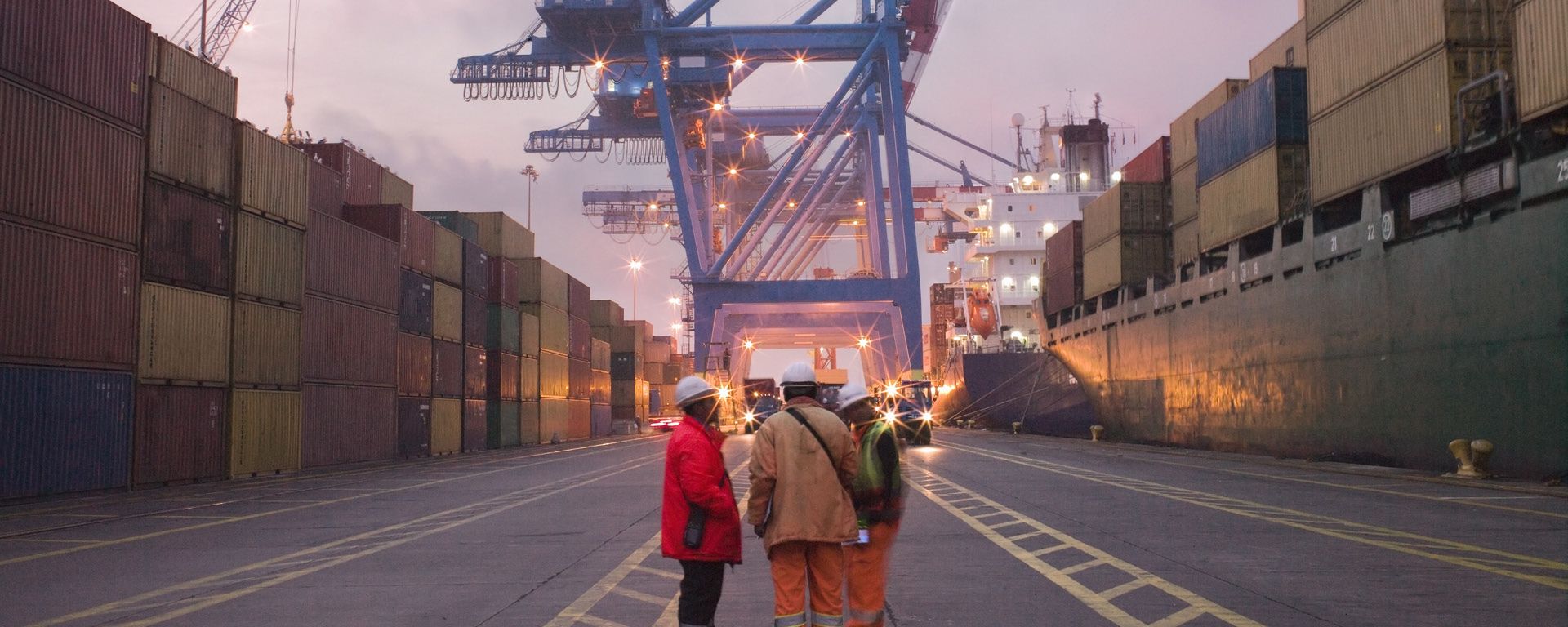Bill 733/2025: the impacts of the changes on port labor relations

Authors
Bill No. 733/2025 is under discussion, addressing the Brazilian port system by regulating the operation of ports and port activities.
With regard to labor relations, the main points include:
- End of OGMO’s Exclusivity (Labor Management Agency): Bill 733 allows port workers to be hired as employees under the CLT regime (fixed-term or undefined term), as workers through the OGMO, or through an EPTP – Port Labor Service Provider Company.
- Certification and Qualification: Port workers must hold professional certification issued by the National Transport Learning Service (SENAT) and be registered with ANTAQ, which is responsible for maintaining the national registry of qualified professionals. This certification will be valid throughout the national territory.
- Intermittent Work: The use of intermittent employment contracts is prohibited in public ports.
- Freedom of Hiring in Private Ports: In private ports, port workers may be hired either as employees, including through EPTPs, using all forms permitted under labor legislation (including outsourcing). Training by SENAT may also be required, provided contributions are made to the system.
- Differentiated Category: The Bill maintains the recognition of port workers as a differentiated professional category.
- Collective Bargaining and Sectoral Dialogue: The Bill seeks to promote collective bargaining and sectoral dialogue, establishing clearer foundations for the organization of labor relations in the sector.
The proposed changes raise questions and potential impacts, particularly regarding the transition from the current OGMO-centered model to new forms of hiring and the legal certainty of port workers. So far, several amendments have already been presented, and close monitoring of the legislative process will be essential for employers and workers to be prepared for the changes.



